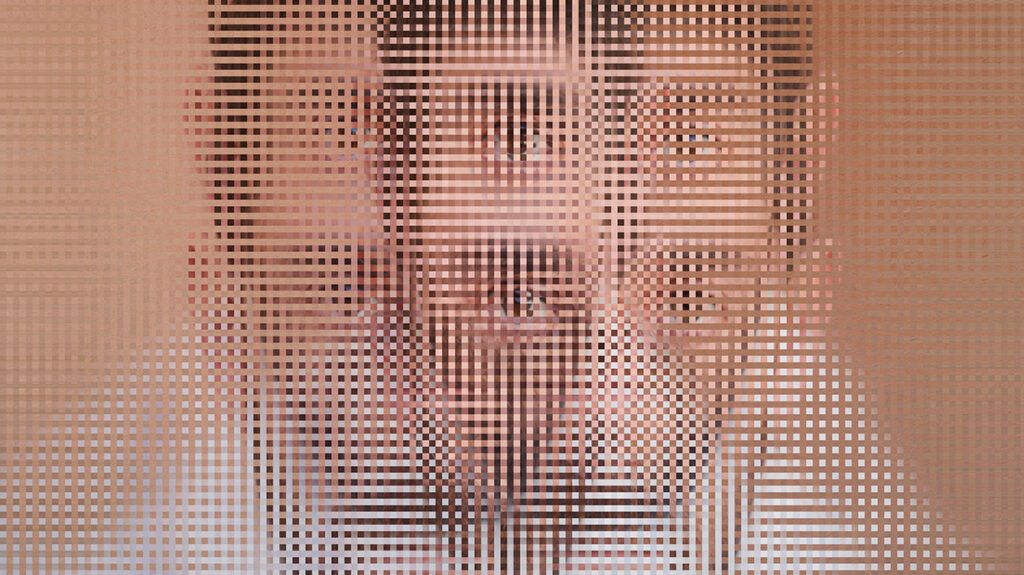Panic attacks and psychosis are two completely distinct experiences that cause different symptoms and have different underlying causes.

Panic attacks are experienced as a sudden and extreme fear often coupled with physical symptoms, such as sweating, feeling out of breath or dizzy, or your heart racing. There’s usually no sense of what caused the panic attack.
Psychosis, the experience of losing some touch with reality, is a symptom of an underlying mental health condition, such as schizophrenia.
Though they may occur together, they don’t share similar symptoms, causes, or underlying conditions.
A person who experiences either may benefit from treatment for the underlying cause of either a panic attack or psychosis. Each will require different treatment to help a person cope with future episodes.
Panic attacks and psychosis are two different things.
Panic attacks are caused by various factors, such as a family history of anxiety disorder, other mental health conditions, like substance use or depression, and biological factors.
In addition to fear, you can experience physical symptoms, such as shortness of breath and a rapid heartbeat.
By contrast, psychosis is a symptom of an underlying mental health condition, such as schizophrenia. It involves seeing or hearing things that aren’t there or believing things that don’t make sense in reality.
In a
Panic attacks often involve overwhelming, intense fear that starts suddenly. They often involve additional physical symptoms, which
- nausea
- shortness of breath
- racing heart
- dizziness
- chest pain
- heart palpitations
An estimated
Panic attacks can occur out of nowhere or have an obvious cause. When they occur, a person doesn’t know why the attack occurred. When there’s a known cause, it’s often due to an external stressor, such as a phobia or fear.
Psychosis describes conditions that affect the mind where a person loses some contact with reality. During a psychotic episode, a person may have trouble figuring out what is and isn’t real.
Symptoms
- delusions (false beliefs)
- hallucinations (seeing or hearing things that don’t exist)
- odd behaviors
- incoherent speech
In addition, a person going through a psychotic episode may experience additional issues, such as:
- anxiety
- depression
- sleep problems
- trouble with overall functioning
- social withdrawal
- lack of motivation
A
Several mental health conditions can cause psychosis, including:
- bipolar disorder
- severe lack of sleep
- schizophrenia
- severe depression
In addition, certain medical conditions can also trigger psychosis, including:
- syphilis
- Alzheimer’s disease
- brain tumors
- multiple sclerosis (MS)
Psychosis can also be caused by substance use, such as alcoholism, or the use of recreational drugs, like cocaine or LSD.
Treatments and coping with each condition will vary based on the underlying condition causing you or a loved one to experience either a panic attack or psychosis.
Treating panic attacks often involve different therapies, such as cognitive behavior therapy (CBT). CBT involves helping you change how you think and respond to things around you, which can help prevent panic attacks.
Another method to help treat panic attacks is exposure therapy. This form of CBT involves confronting your fears and helping you change how you think and respond to them.
Your doctor also may prescribe certain medications to prevent panic attacks. These
- beta-blockers
- antidepressants, such as serotonin-norepinephrine reuptake inhibitors (SNRIs) or selective serotonin reuptake inhibitors (SSRIs)
- anti-anxiety medications, such as benzodiazepines
Psychosis often requires medication to help prevent or manage future psychotic episodes and to address the underlying condition.
The main form of treatment to prevent psychotic episodes in people with conditions, such as schizophrenia, is antipsychotic drugs.
Some examples include:
- chlorpromazine (Thorazine)
- clozapine (Clozaril)
- haloperidol (Haldol)
A person experiencing psychosis will also likely need therapy, which comes in many forms. These treatments and recommendations will vary based on the condition, so it’s important for you or a loved one to work closely with a doctor to get the right treatment for your needs.
Panic attacks and psychosis are two different occurrences. Panic attacks occur randomly or due to intense fear, while psychosis is a symptom of an underlying mental health condition.
While it’s possible they can occur together; they do not have to be directly related to each other.
Treatment for psychosis and panic attacks will look different and require different forms of treatment.
